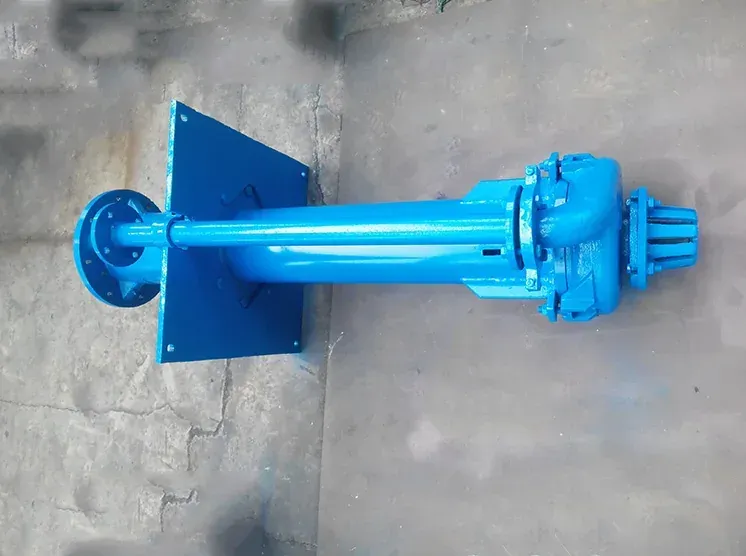Luxembourgish
- Afrikaans
- Albanian
- Amharic
- Arabic
- Armenian
- Azerbaijani
- Basque
- Belarusian
- Bengali
- Bosnian
- Bulgarian
- Catalan
- Cebuano
- Corsican
- Croatian
- Czech
- Danish
- Dutch
- English
- Esperanto
- Estonian
- Finnish
- French
- Frisian
- Galician
- Georgian
- German
- Greek
- Gujarati
- Haitian Creole
- hausa
- hawaiian
- Hebrew
- Hindi
- Miao
- Hungarian
- Icelandic
- igbo
- Indonesian
- irish
- Italian
- Japanese
- Javanese
- Kannada
- kazakh
- Khmer
- Rwandese
- Korean
- Kurdish
- Kyrgyz
- Lao
- Latin
- Latvian
- Lithuanian
- Luxembourgish
- Macedonian
- Malgashi
- Malay
- Malayalam
- Maltese
- Maori
- Marathi
- Mongolian
- Myanmar
- Nepali
- Norwegian
- Norwegian
- Occitan
- Pashto
- Persian
- Polish
- Portuguese
- Punjabi
- Romanian
- Russian
- Samoan
- Scottish Gaelic
- Serbian
- Sesotho
- Shona
- Sindhi
- Sinhala
- Slovak
- Slovenian
- Somali
- Spanish
- Sundanese
- Swahili
- Swedish
- Tagalog
- Tajik
- Tamil
- Tatar
- Telugu
- Thai
- Turkish
- Turkmen
- Ukrainian
- Urdu
- Uighur
- Uzbek
- Vietnamese
- Welsh
- Bantu
- Yiddish
- Yoruba
- Zulu
Telephone: +86 13120555503
Email: frank@cypump.com
Sep . 15, 2024 07:21 Back to list
Multistage Slurry Pump - Efficient and Durable Solutions for Heavy-Duty Applications
Multistage Slurry Pumps Efficiency and Versatility in Heavy-Duty Applications
Multistage slurry pumps are a crucial component in various industrial applications, especially where the movement of thick, abrasive slurries is required. Designed to handle high viscosity liquids laden with solid particles, these pumps play an essential role in sectors such as mining, construction, and wastewater management. Their design allows them to efficiently transport slurries over long distances and to significant vertical heights, making them indispensable in modern industry.
How Multistage Slurry Pumps Work
At the heart of a multistage slurry pump are multiple impellers arranged in series. Each impeller is responsible for adding kinetic energy to the slurry, which is then transformed into pressure energy as it moves through the pump casing. The sequential arrangement of impellers increases the discharge pressure and allows for the effective lifting of heavy slurries. The design accommodates various flow rates and solid concentrations, which are essential characteristics in applications dealing with abrasive materials.
One of the key advantages of multistage slurry pumps is their ability to operate under varying conditions. They are typically constructed from robust materials such as high-chrome alloys or elastomers to withstand the abrasive nature of the slurries they transport. This durability ensures longevity and reduces maintenance costs, which are critical factors for industries aiming to maintain operational efficiency.
Applications of Multistage Slurry Pumps
Multistage slurry pumps are utilized in several applications, particularly in the mining industry. They are often employed to transport slurry from the bottom of mines to surface processing facilities, which involves transferring mineral-rich slurries that can be highly abrasive. Additionally, they are used in coal handling operations where pulverized coal must be moved through pipelines efficiently.
multistage slurry pump

In construction, these pumps assist in dewatering and the transport of concrete mixes, often required in foundation work and tunneling projects. They can handle large volumes of slurry while also managing the abrasive nature of the materials used in construction.
Moreover, in wastewater treatment facilities, multistage slurry pumps are integral for moving sludge and other by-products from treatment processes. Their ability to handle solid-laden fluids makes them particularly useful in scenarios where clogging could hinder other types of pumps.
Benefits of Multistage Slurry Pumps
The numerous advantages of multistage slurry pumps include not only their efficiency but also their adaptability to various operating environments. The ability to customize pump parameters to meet specific requirements—such as flow rate and pressure—ensures that industries can find solutions that fit their unique challenges.
Energy efficiency is another significant benefit. As these pumps are designed to efficiently manage the energy input and minimize losses, they can contribute to lower operational costs, making them a financially savvy choice for companies looking to optimize their resource allocation.
Conclusion
In summary, multistage slurry pumps represent a vital technology in the industrial landscape. Their robust construction, efficiency in handling abrasive materials, and flexibility in application make them an essential tool for various sectors. As industries continue to evolve, the demand for innovative pumping solutions will undoubtedly grow, positioning multistage slurry pumps at the forefront of technological advancements in fluid handling. Companies investing in these pumps will benefit from enhanced productivity, reduced maintenance, and streamlined operations, ensuring a competitive edge in their respective markets.
-
Heavy-Duty Mining Sludge Pumps - Wear-Resistant Slurry Handling
NewsAug.02,2025
-
Horizontal Split Case Pump with GPT-4 Turbo | High Efficiency
NewsAug.01,2025
-
ISG Series Pipeline Pump - Chi Yuan Pumps | High Efficiency, Durable Design
NewsAug.01,2025
-
Advanced Flue Gas Desulfurization Pump with GPT-4 Turbo | Durable & Efficient
NewsJul.31,2025
-
ISG Series Vertical Pipeline Pump - Chi Yuan Pumps | Advanced Hydraulic Design&Durable Construction
NewsJul.31,2025
-
ISG Series Vertical Pipeline Pump - Chi Yuan Pumps | Energy Efficient & Low Noise
NewsJul.31,2025










